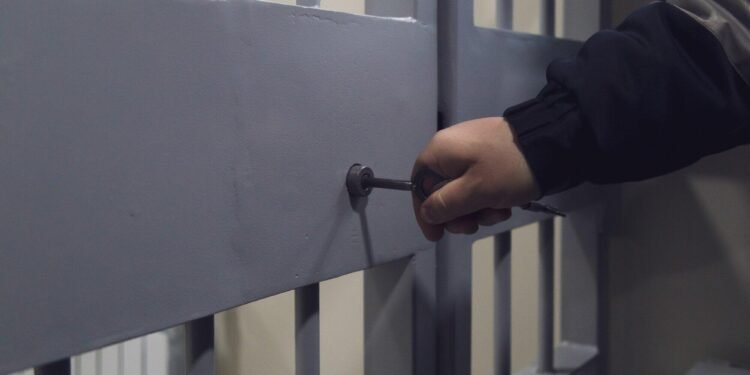Surety bonds might sound complicated, but they’re pretty straightforward. Think of them as a safety net that protects one party if another doesn’t hold up their end of a deal.
Knowing the basics of a surety bond can be valuable whether you’re a contractor, business owner, or just curious. But how exactly do these bonds work?
Let’s untangle this bail bond and see why they’re essential in building trust and keeping projects on track.
Understanding Surety Bonds
These agreements help ensure people and companies do what they promise. They involve three main players:
- the principal
- the obligee
- the surety
The principal is the person or business that needs to fulfill a duty, like completing a project. The obligee is the party that wants the assurance, often a government agency or client.
In addition, surety is the company that provides the bond, promising to cover losses if the principal doesn’t meet their obligations. This arrangement creates a safety net for the obligee.
If the principal fails to deliver, the surety steps in to protect the obligee’s interests.
Types of Surety Bonds
There are several types of surety bonds, each designed for specific situations. One common type is the contract bond, often used in construction.
It guarantees the company will complete a project as promised. If they don’t, the surety company may compensate the project owner, helping avoid delays and extra costs.
Another type of surety bond is the license and permit bond, which ensures that businesses meet legal requirements. Contractors, car dealers, and businesses need them to operate within the law.
Court bonds are another category, often required during legal cases. They protect financial interests when a party is obliged to perform a specific action or pay damages.
Costs Associated with Surety Bonds
For most bonds, the principal pays a small part of the total bond amount as a premium. For higher-risk principals or larger bonds, the percentage can be higher. This premium works like an insurance payment, covering the cost of the surety’s financial guarantee.
In some cases, the cost of the bail process can also depend on the individual’s risk of not meeting their obligations. For example, bail bonds are usually set at a percentage of the total bail amount to cover the surety’s risk.
These costs ensure that the obligee is protected financially if the principal fails to fulfill their responsibility.
Benefits of Surety Bonds
These bonds reassure clients and regulatory agencies that projects and standards will be completed. If the principal doesn’t fulfill their duties, the surety covers the losses, giving the obligee peace of mind.
This kind of security builds confidence in business and legal arrangements. They also act as a financial backup, helping everyone feel protected.
However, not all surety bonds work the same way or cost the same. So be sure to partner with a reliable provider, like this bail bonds Kissimmee service, that understands your specific needs.
This will help maintain trust and security in any agreement or legal arrangement.
The Importance of a Surety Bond
A surety bond is more than just a financial tool. It’s a foundation of trust and accountability. Whether for business, legal obligations, or personal needs, it ensures everyone’s interests are protected.
Don’t leave your agreements to chance. Reach out today to learn how this bond can safeguard your commitments.
Did you find this article helpful? Check out the rest of our blog now!












